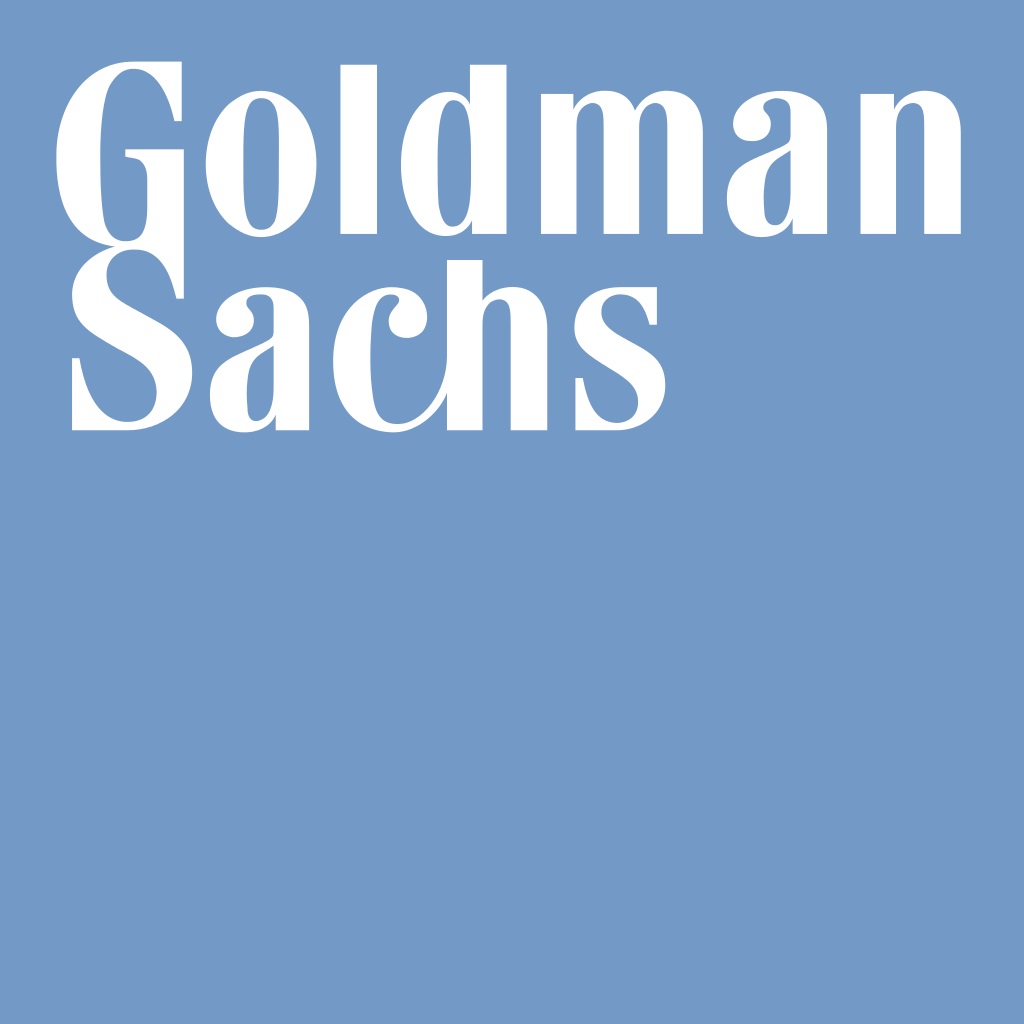Banking, finance, and taxes
Goldman Collapses 15%, Poorest Dow Performer in 2016

Published:
Last Updated:

For the year to date in 2016, shares in Goldman Sachs Group Inc. (NYSE: GS) trade down about 15.1% and are the worst performers among the 30 stocks that comprise the Dow Jones Industrial Avenue. The financial sector as a group is down nearly 6.4% in the quarter to date and down 9.14% year over year.
When the Federal Reserve in December raised its policy interest rate from a range of 0.00% to 0.25% to a new range of $0.25% to 0.50%, the move was viewed as positive for banks, but it wasn’t until the March FOMC meeting announcement that investors began to believe the financial sector would not get pummeled by rate hikes.
The Fed saw stability returning to global markets and a solid increase in energy prices since February as signals that the economy is doing better and that just two rather than four rate hikes are on tap for this year. Although energy stocks are still depressed, the sector has added 3% so far in 2016.
On December 31, 2015, Goldman’s shares closed at $180.23. On Thursday the shares closed at $153.00, down 0.7% for the day and down about 0.8% for the week. The stock’s 52-week range is $139.05 to $218.77, and the consensus price target is $189.42. The high target is $245 and the low is $125.
Goldman is the second most heavily weighted stock among the Dow 30 at 5.98%. It has ceded its top weighting to 3M, which now carries a Dow weighting of 6.43%.
The average American spends $17,274 on debit cards a year, and it’s a HUGE mistake. First, debit cards don’t have the same fraud protections as credit cards. Once your money is gone, it’s gone. But more importantly you can actually get something back from this spending every time you swipe.
Issuers are handing out wild bonuses right now. With some you can earn up to 5% back on every purchase. That’s like getting a 5% discount on everything you buy!
Our top pick is kind of hard to imagine. Not only does it pay up to 5% back, it also includes a $200 cash back reward in the first six months, a 0% intro APR, and…. $0 annual fee. It’s quite literally free money for any one that uses a card regularly. Click here to learn more!
Flywheel Publishing has partnered with CardRatings to provide coverage of credit card products. Flywheel Publishing and CardRatings may receive a commission from card issuers.
Thank you for reading! Have some feedback for us?
Contact the 24/7 Wall St. editorial team.